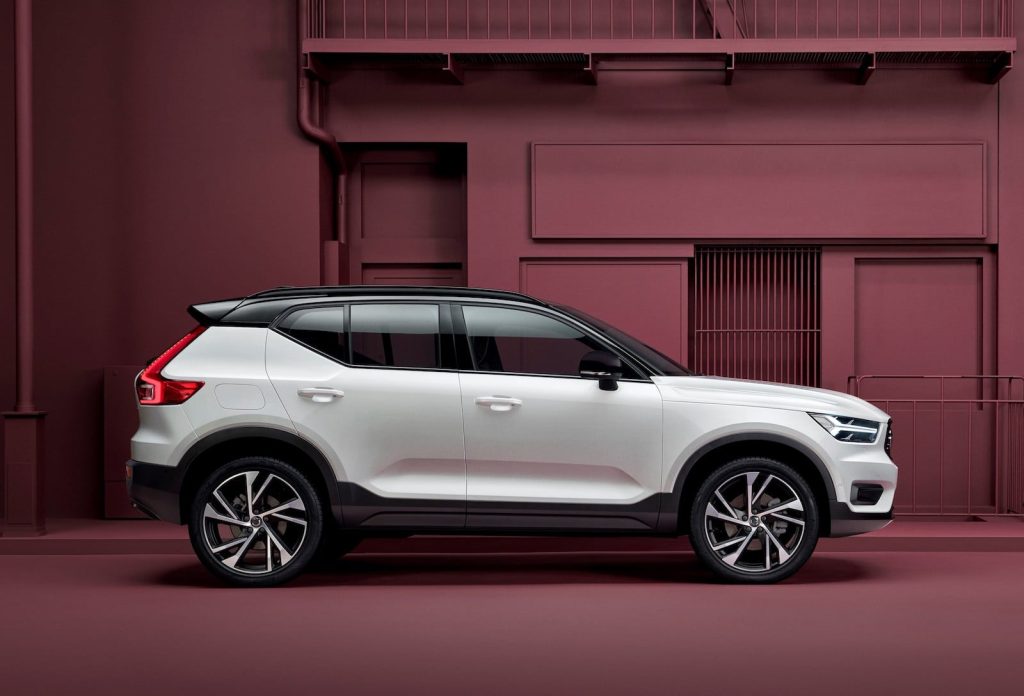Volvo Cars expects lower wholesale volumes this year after higher costs brought a fall in third-quarter operating profit, the Swedish automaker said on Thursday, prompting its share price to drop 6%.
While manufacturing output continued to improve in the quarter, the pace of normalisation was slowed by power outages and lockdowns in China related to COVID-19, it said.
The Gothenburg-based company now expects 2022 wholesale volumes to be “slightly lower” than the year before, down from a previous forecast for better wholesale volumes than in 2021.
olvo said it had been forced to make spot purchases of semiconductors to fill a production shortfall, with its operating profit hurt by logistics and raw material costs.
Despite robust demand through the year, a global shortage of semiconductors has forced Volvo and its peers to curtail vehicle output. Only this week, the shortage led it to shut one of its Swedish factories for a week.
In a conference call with analysts, chief financial officer Johan Ekdahl said the firm believed prices of lithium, used for batteries, were now at a peak and expected to fall.
Ekdahl added that Volvo would see additional pricing increases in the fourth quarter and next year, because of a long order book, despite price increases earlier in the year.
Volvo shares were trading down 6% by 1014 GMT.
Stockholm-listed Volvo, majority owned by Chinese automotive company Geely Holding [RIC:RIC:GEELY.UL], said its quarterly operating profit fell to 2.1 billion Swedish crowns ($193.41 million) from 3.3 billion a year ago.
The company aims for half its sales to be pure electric cars by the middle of the decade, amid an industrywide shift in which auto suppliers have to shoulder extra costs while already squeezed by rampant inflation and soaring energy prices.
In its quarterly report, the carmarker reaffirmed its goals.
Chief Executive Jim Rowan told Reuters that keeping up work towards electrification was important, despite mounting challenges.
“It can be easy to be distracted and not focus on your long term sustainability goals,” Rowan said, adding that he believed it was possible to find sustainable solutions without hurting profit.







